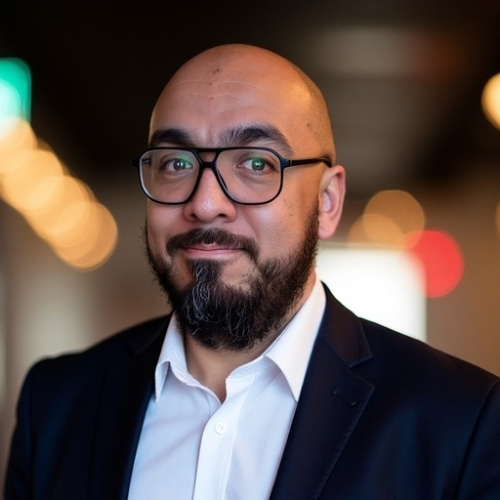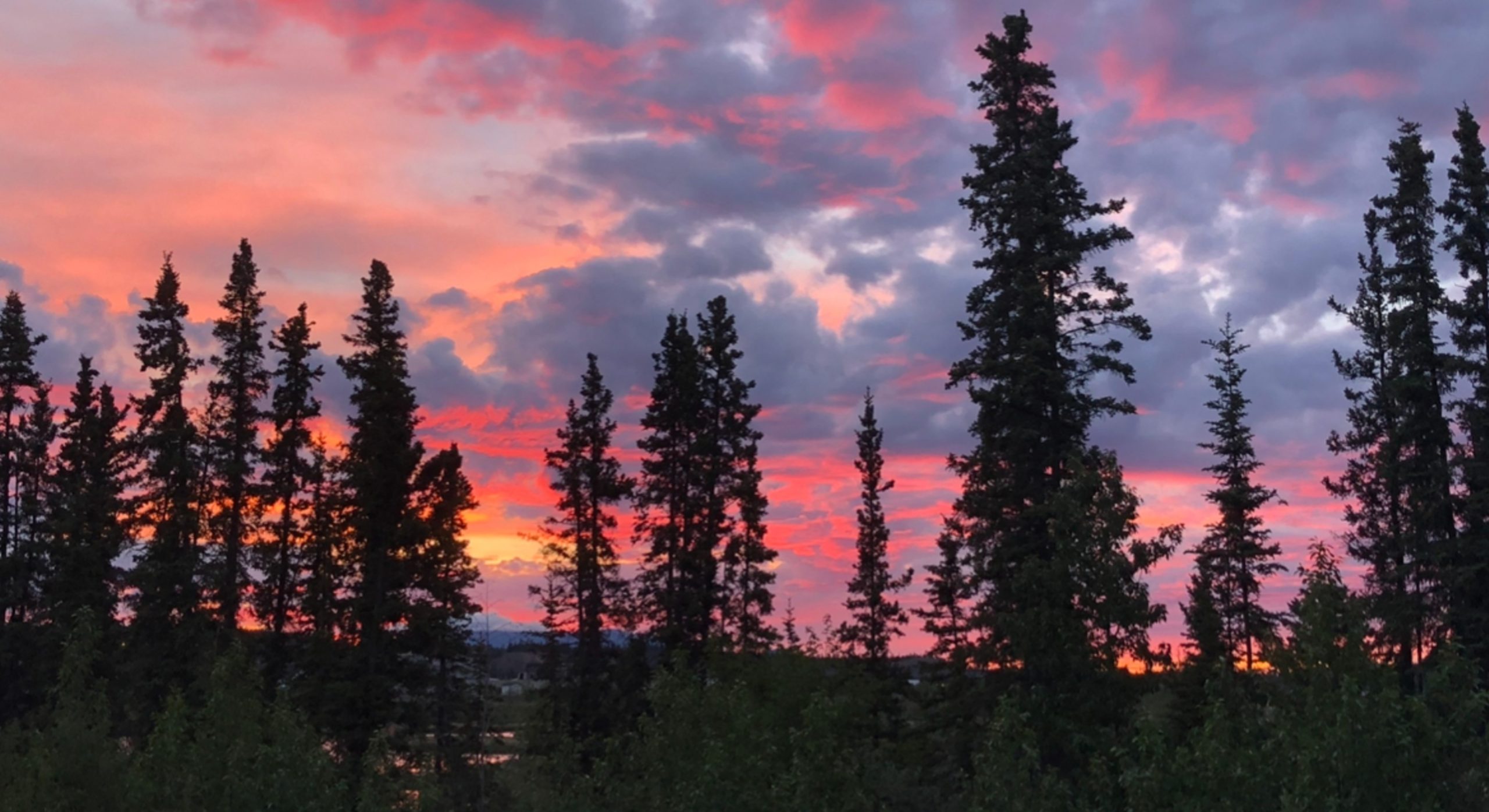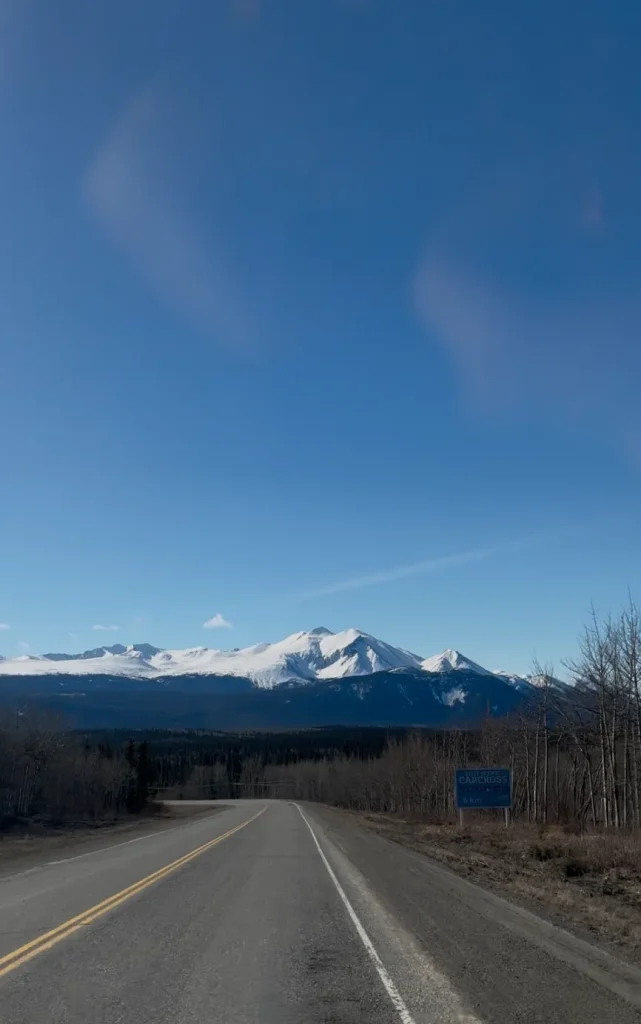
by Marcos Castillo.

Marcos Castillo, Founder of Bizont, arrived in the Yukon from Mexico in 2016 with a background in technology and a passion for community-driven innovation. What he didn’t expect was how deeply his perspective would be shaped by the region’s cultural landscape—particularly through working with Northern First Nations.
In the reflection below, Marcos shares a personal look at how his understanding of Indigenous leadership, long-term thinking, and community resilience has grown since moving North. It’s not written as an authority, but as someone still learning—grateful to be building partnerships in a place where Indigenous values are not just acknowledged, but embedded in how people live, work, and lead.
When I moved to Canada from Mexico, I didn’t know what “First Nations” meant. It wasn’t a term I had grown up with.
In my home country, we are proud of our Indigenous heritage, but it’s often framed as something ancient—something preserved in history books, architecture, and art, not something actively shaping everyday life.
“In the Yukon, I discovered something different: First Nations not only present—but leading.”
Their flags flew alongside Canada’s. Land acknowledgments weren’t symbolic—they were invitations to recognize sovereignty and respect. At meetings, events, and community partnerships, I noticed a quiet, firm acknowledgment of whose land we were on—and who had cared for it long before borders and roads.
At first, I was just curious.
What does it really mean to live and work on the Traditional Territories of Yukon First Nations?
As I listened and learned more, I began to uncover a history I hadn’t been taught: residential schools, broken treaties, loss of language and land.
And yet—what struck me even more than the pain of that history was the resilience. Many First Nations in the Yukon have signed modern treaties, asserted self-government, and continue to lead with cultural strength. This isn’t a story of the past—it’s happening right now.

One of the most profound teachings I’ve encountered is the **Seven Generations Principle**. It says that in every decision—about land, governance, or community—we must consider its impact seven generations into the future.
While this principle is not specific to Yukon First Nations, it deeply resonated with what I was seeing and hearing in the North—a shared emphasis on intergenerational responsibility and decisions rooted in long-term care for the land.
Coming from a culture (and a professional background) that often rewards speed and short-term wins, this principle hit me hard. It challenged my mindset.
Seven generations? That’s not just thinking past our own children—it’s stepping far beyond urgency into something like wisdom.
At first, the idea felt too big—maybe even idealistic.
But the more I saw how land, governance, and community life in the North are shaped by long-term thinking, the more it made sense. Slowing down isn’t hesitation—it’s care.
As someone working in design and innovation, I realized how valuable this mindset could be. What if we measured success not by speed, but by lasting positive impact?
One lesson from my First Nations 101 course at Yukon University has stayed with me:
“We don’t always need to evaluate decisions by what we define as ‘progress.’”
In fact, many things we call progress today may be insignificant—or even harmful—to the future of our territory.
It reminded me that slowing down is not a sign of weakness or hesitation. It’s a conscious act of care.
It’s not just a concept I admire—it’s a discipline I now try to practice. Slowly. Thoughtfully. One step at a time.

Join our mailing list to receive fresh insights, stories and updates.